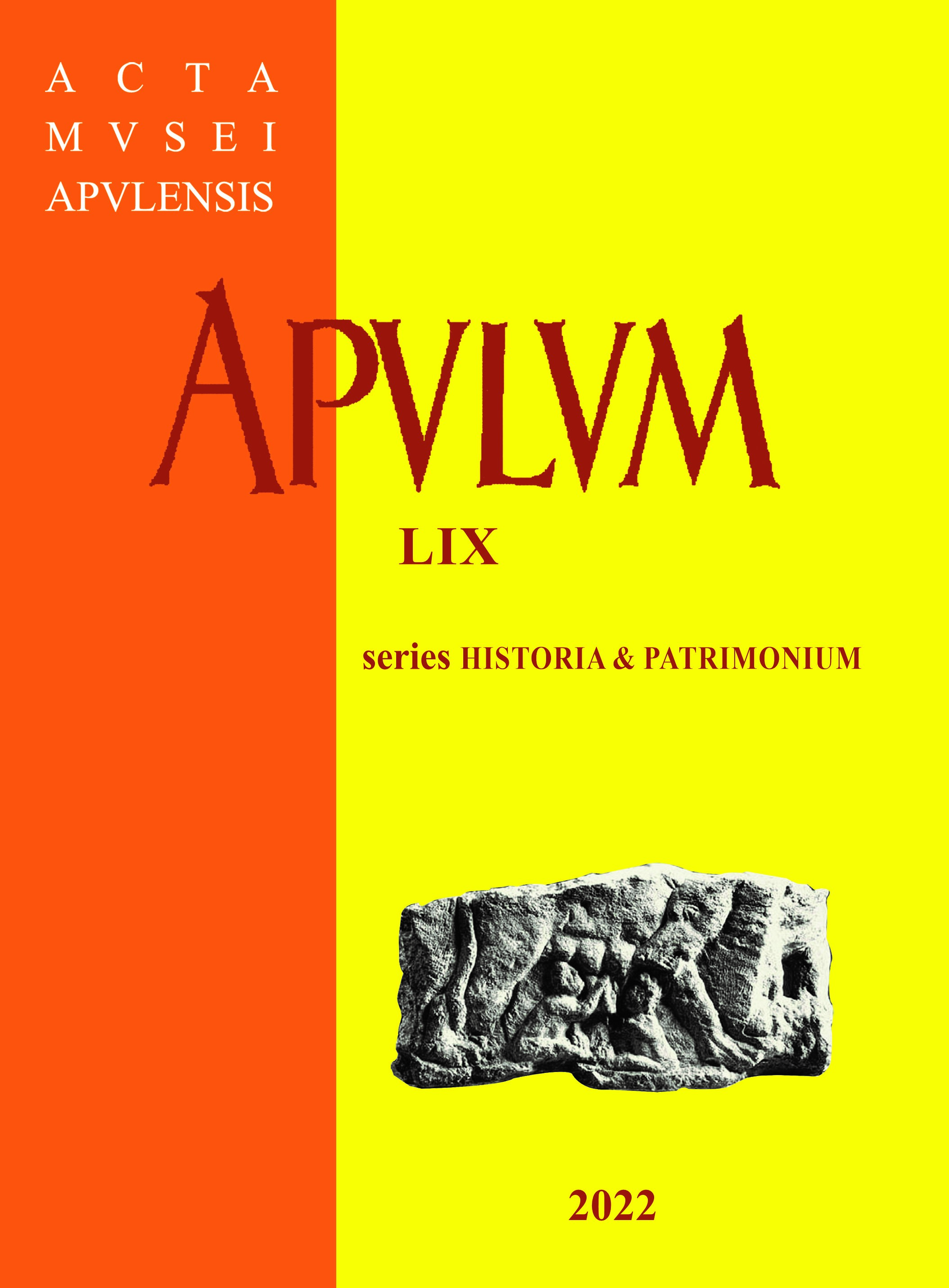Un incunabul din colecția personală a baronului Samuel von Brukenthal: Aristoteles, Metaphysica, Padua, Laurentius Canozius, 1473, cuprinzând Comentariul Lung al lui Averroes
An Incunabulum from Baron von Samuel Brukenthal's Private Collection: Aristoteles, ”Metaphysica”, Padua, Laurentius Canozius, 1473, with Averroes´ Long Commentary
Author(s): Constantin IttuSubject(s): History, Cultural history, History of ideas, Middle Ages, 15th Century
Published by: Muzeul National al Unirii Alba Iulia
Keywords: Brukenthal Library; incunabulum; Aristotle; Metaphysics; Averroes; Long Commentary;
Summary/Abstract: The Brukenthal National Museum Library has an impressive collection of incunabula – to be more precise, 442 titles in 282 volumes –, one of them being Aristoteles, Metaphysica, Padua, Laurentius Canozius, 1473. The book, which includes Averroes´ Long Commentary on the Aristotelian Metaphysics, had belonged to Samuel von Brukenthal's private collection. The Italian Laurentius Canozius (1425-1477) – and who is also known as Lorenzo Canozi, Lorenzo Canozio – was not only a typographer, but a painter and engraver, as well. This copy of Metaphysics is important because it contains the Latin version of Averroes Long Commentary, one which was written in Arabic by his author, and lost – maybe burned –because of political reasons. It was stated that the philosophical texts of Ancient Greece were translated from Greek into Arabic, and later on, during the European Middle Ages, they were translated into Latin. This is true, but not completely simply because those texts have been first translated from Greek into Syriac – in Baghdad, but not exclusively there, during the Abbasid dynasty –, then they were translated into Arabic. Another issue which has to be mentioned is the fact that Averroes – who had no knowledge of Greek or Syriac, being born in Cordoba, El Andalus – used other/previous Arabic translations to work out his long commentary. Last but not least, the study is also dealing with the role and importance of the caliphs and the Court noblemen who sponsored – or, at least, encouraged – that fantastic, and, at the same time, the magnific process of translation not only from one language into another, but also from one philosophical framework into a different one.
Journal: Apulum
- Issue Year: 2/2022
- Issue No: 59
- Page Range: 227-251
- Page Count: 25
- Language: Romanian
- Content File-PDF

